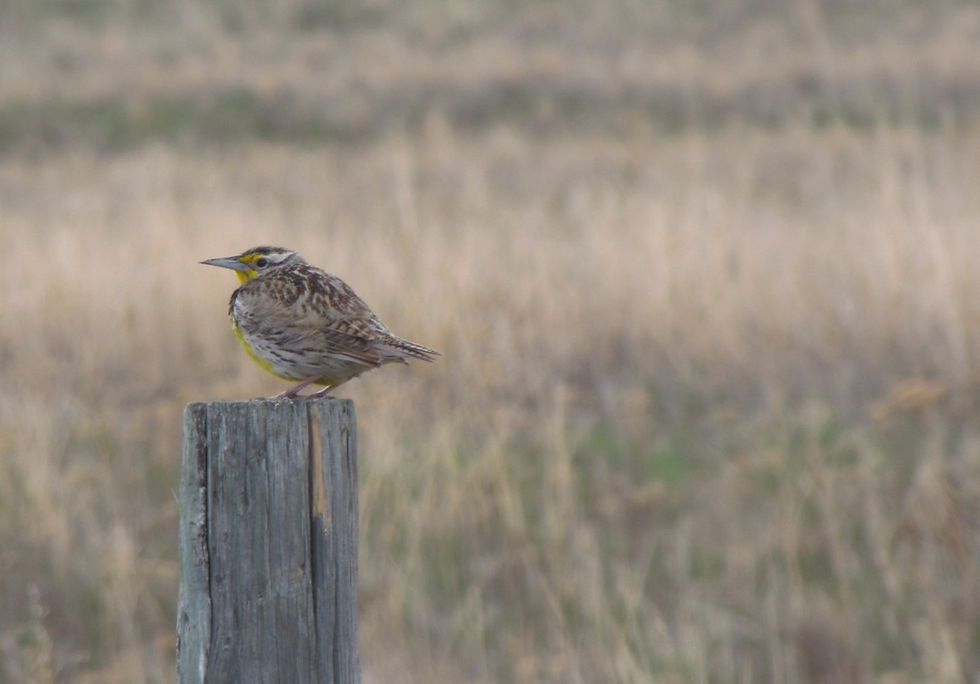Forage Fish Project Returns
- Nov 22, 2020
- 2 min read
Updated: Nov 25, 2020

The forage fish project is back up and running once again after a two year hiatus, under the guidance of Haley Tomlin and her colleagues at the University of Vancouver Island.
Forage fish are various species of small schooling fish that consume plankton and tiny animals floating near the surface, and in turn become food for everything higher in the food chain. Thus, they are vital to our marine ecosystems, providing a crucial source of food for other marine creatures, and without them, the survival of larger fish and mammals--including such iconic species as salmon, eagles, whales, and grizzly bears--would be in jeopardy. These fish are very vulnerable to overfishing, climate change, habitat loss, and changing ocean chemistry. Therefore, it is important to understand where and how they propagate.
For several years, starting in 2011 Conservancy volunteers, under the guidance of forage fish expert Ramona DeGraaf, participated in a citizen science project to survey several beaches on Pender Island for evidence of forage fish spawning. The survey confirmed that Surf Smelt were spawning on Medicine Beach and that Sand Lance were spawning on Mortimer Spit.
Recently, the project has been renewed under the direction of scientists from Mount Arrowsmith Biosphere Region Research Institute (MABRRI) at Vancouver Island University. To kick off the project, Haley Tomlin and her colleagues visited Pender and held an information session on forage fish, attended by 11 people, which was followed by hands-on beach training of the Conservancy volunteer monitors.
The beach surveys start with monitors taking samples and recording data at beaches that have appropriate characteristics for forage fish spawning. These samples are then studied for evidence of forage fish eggs and thus verifying spawning activity. In addition to a healthy beach, forage fish depend on near shore habitat for their survival, including eel grass beds and kelp forests for the rearing of the juveniles.
Anyone interested in finding out more about this important project or who would like to volunteer for beach sampling, should contact Ralph Dawson email: ralphdawsonret@gmail.com.
Bob Vergette


